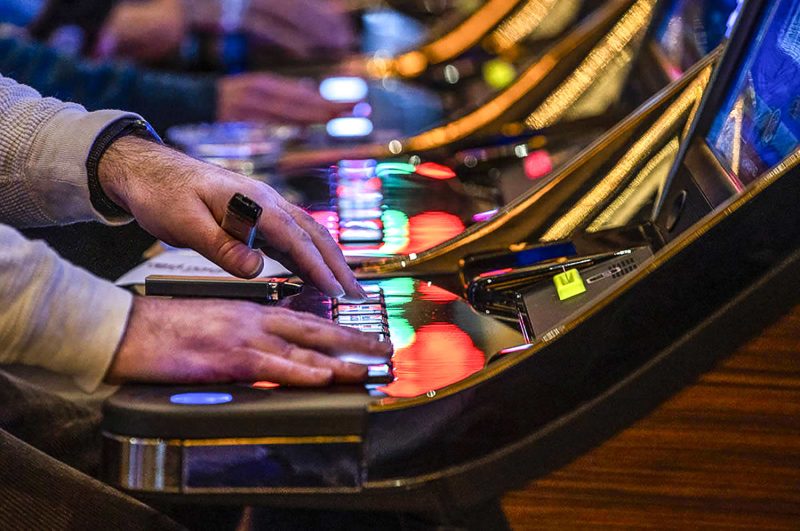As the world continues to grapple with the global pandemic of COVID-19, many industries have been forced to reassess their operational practices, reconcile with public health needs, and make necessary adjustments. One industry under intense scrutiny is the casino industry, especially in relation to allowing indoor smoking. Amid these rising concerns, shareholders are increasingly pushing casinos to rethink this longstanding practice with the well-being of guests and employees in mind.
Even prior to the pandemic, there have been burgeoning concerns about secondhand smoke in casinos. Many studies have revealed the danger this poses to both casino workers and non-smoking patrons. Given the current global health crisis, the pressure to eliminate indoor smoking has only heightened as it has the potential to exacerbate the spread and impact of the virus.
Smoking and secondhand smoke are known to impair lung function and could make individuals more susceptible to respiratory illnesses, including COVID-19. Moreover, the act of smoking necessitates removing one’s mask, thereby increasing the chance of virus transmission. These factors have caused shareholders, many of whom are now prioritizing sustainability and responsible business practices, to urge casinos to reconsider their smoking guidelines.
Significant shareholder pressure can often result in meaningful operational changes. Case in point involves major casino operators like MGM and Wynn resorts, which temporarily implemented no-smoking policies when they reopened their doors after initial pandemic closures. These changes weren’t merely procedural, but also signaled the growing influence of shareholder input on casino policies.
The push for a ban on indoor smoking is not only based on health concerns. There is also an economic argument to be made. For decades, the casino industry has held the belief that smoking is crucial to maintaining its customer base. This belief, however, is now being challenged. A recent study by the University of Nevada, Las Vegas, shows that patrons would rather visit smoke-free casinos. Thus, transitioning to smoke-free could actually bring in a wider demographic of customers, ultimately boosting bottom lines.
Worker safety is another factor triggering this reassessment of indoor smoking. Unions representing casino employees have increased their demands for safer conditions, which includes a smoke-free environment. They argue that secondhand smoke is a threat to the health and safety of casino employees, a concern that has been amplified by the ongoing pandemic.
In the face of health and safety concerns, shifting customer choices, and economic potential, shareholders’ push towards reassessing the indoor smoking policy in casinos has gained significant traction. Many shareholders believe that the casino’s reputational risk is also at stake if they fail to adapt to the changing societal norms and expectations about indoor smoking in public spaces.
In conclusion, the push by shareholders for casinos to reconsider their indoor smoking policies signifies a profound shift. What started as a public health plea has transformed into an influential movement driven by people who have a significant stake in the success of the casino industry. It is a telling sign of the times: an era where health, sustainability, and economic return are no longer separate conversations but interconnected priorities that businesses must address collectively to stay relevant and successful in their operations.
